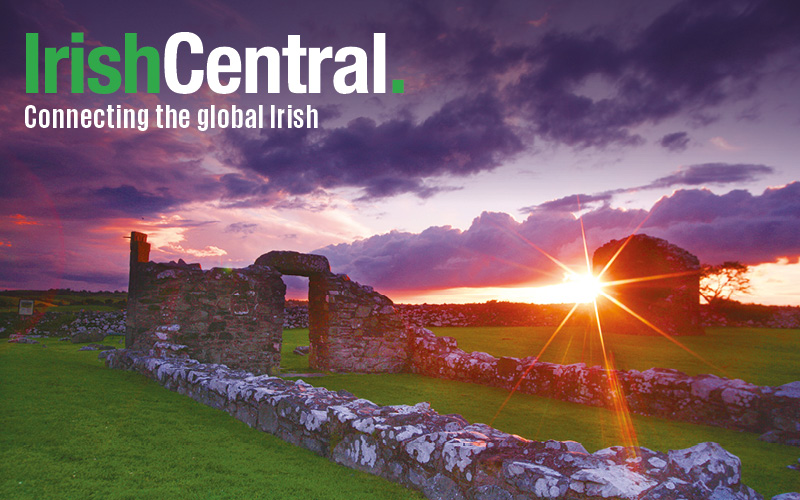Background: A native of Dublin, Kennedy is assistant professor of biomedical engineering at New York University (NYU) Hospital for Joint Diseases. He lives in Harlem.
When did you move to the New York?
“I moved in November of 2008, just as the world’s economy was collapsing – impeccable timing! I was offered a Fulbright scholarship and Elaine and I (my then girlfriend and now wife) wanted to explore new and exciting opportunities in the U.S., and where better place to do that then New York!”
Describe your average day as a professor.
“It’s divided between writing, teaching, supervising and lab-based research activities. Writing is an integral part of science and engineering which people sometimes don’t realize. In order to secure funding, you need to compose grant applications to convince governments and institutions that your work will advance medical practices, orthopedics in my case.
“Then, to show productivity you need to write reports and reviews to convince people that the work you have done worked well. Teaching and supervising is also and important part of this business. Sometimes that means lecturing to a big class of undergrad and post-grad students, and sometimes that means showing them how to think about/run/analyze experiments in the lab.”
You have a Ph.D in bioengineering from Trinity College Dublin. How did you became interested in science?
“I’ve always been fascinated by science and engineering, partly because my dad is a scientist, but also because I like breaking things and taking them apart (never as much into the putting it all back together bit!)
“I have had some great teachers over the years that got, and kept, me interested in science. The power of a good teacher is also something that is often overlooked these days.”
You were awarded a Fulbright Scholarship for a post-doctoral fellowship at the City College New York. Tell us about that.
“The Fulbright program provides awards for people in education and research fields to travel from their country to the U.S. People can stay for varying amounts of time, depending on the duration of their project/program, and the idea is that when they are done they bring that experience back, and put it to good use, in their home country.”
Have you plans to go home for The Gathering?
“We are currently working on plans to organize a science and engineering themed Gathering trip back to Ireland in the summer – in this case, working on plans basically means trying to find funding!”
What is the biggest change you have noticed in New York since you arrived here?
“Our neighborhood uptown has changed dramatically in the last few years. They call it gentrification, but I’m never sure if that’s a good description.”
Interview by Molly Muldoon




Comments